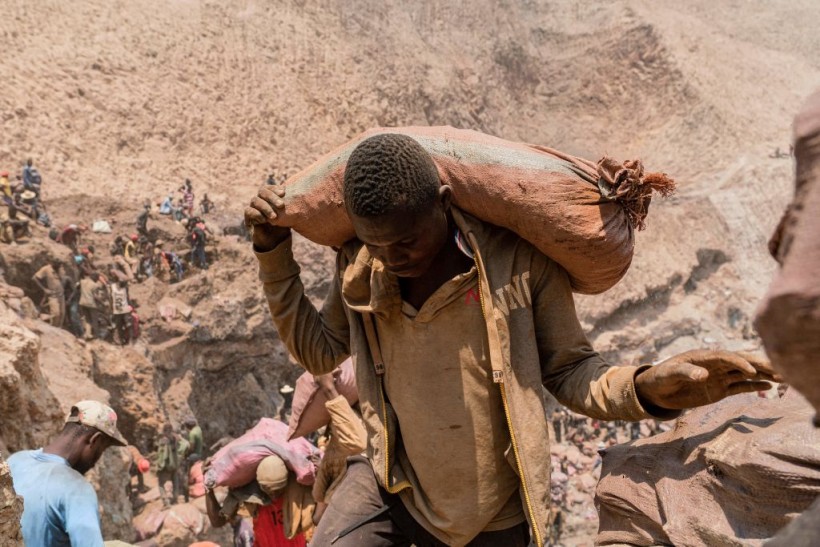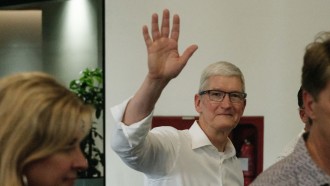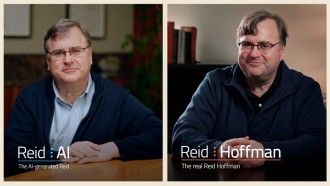The Democratic Republic of Congo (DRC) has expressed concern about Apple Inc.'s mineral supply chain, fearing possible its connection to armed groups in the country.
According to international lawyers engaged by Congo, there are concerns that minerals sourced by Apple may be laden with conflict minerals from the DRC, particularly from its eastern region marred by decades of armed conflict (via Reuters).
Is Apple Benefiting from Illegal Minerals Export?
Congo's President Felix Tshisekedi launched an investigation into the supply chain for tin, tungsten, and tantalum, or 3T minerals, in September 2023. These minerals, also known as 'conflict minerals', can be used in everyday products like electronic devices, cars, and jewelry.
The investigation was prompted by concerns about illegal exports. Amsterdam & Partners LLP, an international law firm, was hired to lead the investigation. The law firm recently notified Apple CEO Tim Cook and French subsidiaries, requesting a response within three weeks.
Amsterdam & Partners LLP questioned the verifiability of Apple's claims about the origins of minerals used in its products. They stated, "Although Apple has affirmed that it verifies the origins of minerals it uses to manufacture its products, those claims do not appear to be based on concrete, verifiable evidence."
The law firm also highlighted discrepancies, noting that Rwanda's production of key 3T minerals is nearly zero, despite claims by big tech companies that their minerals are sourced from Rwanda.
Apple responded by referencing its Conflict Minerals Report, asserting that 100% of identified smelters and refiners in its supply chain had participated in independent third-party conflict minerals audits for 3T minerals and gold.
Read Also: Apple Boasts New AI, Claims It Outpaces GPT-4: "Large Improvements Over an Existing System
(Photo : JUNIOR KANNAH/AFP via Getty Images)
An artisanal miner carries a sack of ore at the Shabara artisanal mine near Kolwezi on October 12, 2022. - Some 20,000 people work at Shabara, in shifts of 5,000 at a time. Congo produced 72 percent of the worlds cobalt last year, according to Darton Commodities.
Conflict Zone Minerals
Simultaneously, Amsterdam & Partners LLP released a report accusing neighboring Rwanda and private entities of laundering conflict minerals from Congo, Bloomberg reports. Rwanda, the world's largest producer of tantalum after Congo, has denied benefiting from Congo's mineral trade.
Congo, known for being the leading producer of tantalum and copper, as well as a significant producer of cobalt, remains concerned about the exploitation of its mineral resources.
Most of these resources are concentrated in the east, exacerbating insecurity, especially since the resurgence of the rebel group M23 in March 2022.
Apple has been rigorously auditing its suppliers for conflict minerals since 2016, aiming to ensure responsible sourcing and improve working conditions in mining communities, including in Congo.
The US and European Union have laws aimed at discouraging companies from purchasing minerals linked to conflict zones.
For instance, the EU regulation applies directly to approximately 600 to 1,000 EU importers. It indirectly impacts approximately 500 tin, tantalum, tungsten, and gold smelters and refiners, whether located within or outside of the EU.
Stay posted here at Tech Times.
Related Article: Apple Aims to Be Carbon-Neutral by 2030 as 95% of 'Direct' Manufacturing Spend Transitions to Clean Energy







